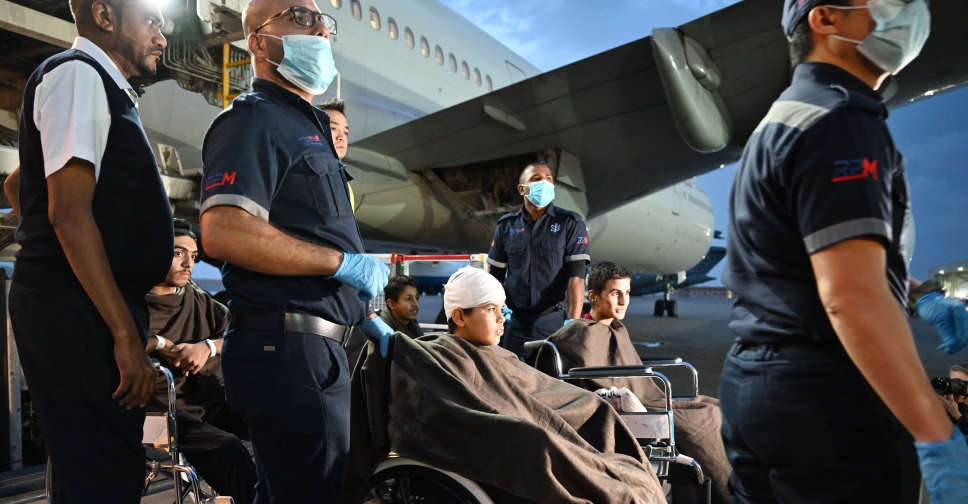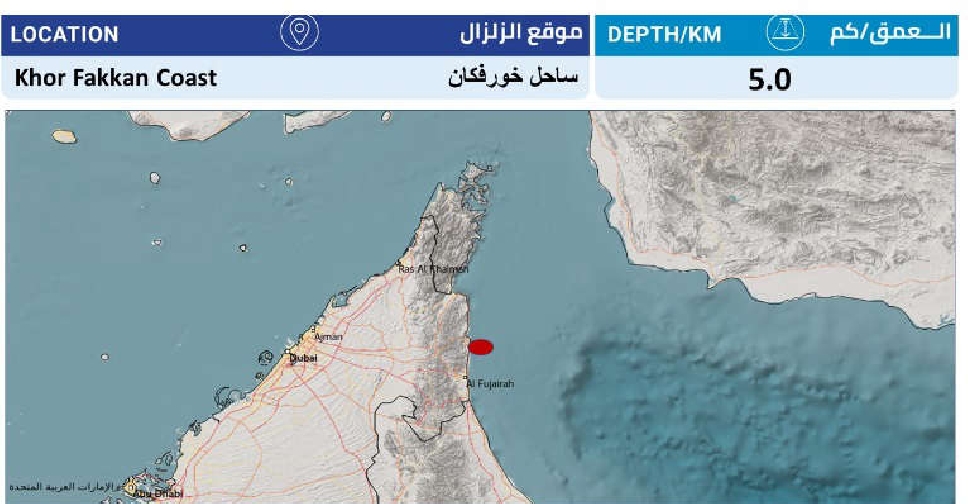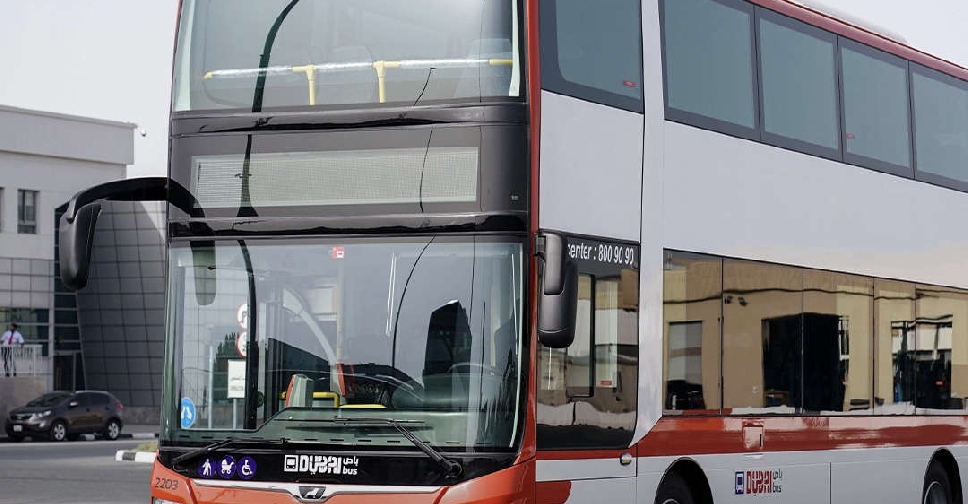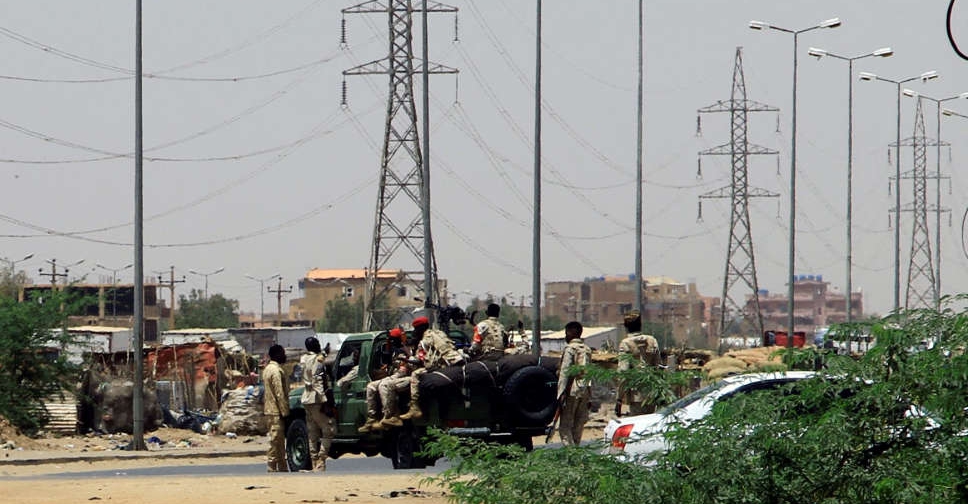
Strikes from the air, tanks and artillery shook Sudan's capital of Khartoum on Friday and the adjacent city of Bahri came under heavy bombardment, witnesses said, even though the army and a rival paramilitary force agreed to extend a truce by 72 hours.
Hundreds have been killed and tens of thousands have fled for their lives in a power struggle between the army and Rapid Support Forces (RSF) that erupted on April 15 and disabled an internationally backed transition toward democratic elections.
In persisting ceasefire violations that the United States called worrying, heavy gunfire and detonations rattled residential neighbourhoods of the capital region where fighting has been concentrated over the past week.
Thick smoke was rising above two areas of Bahri.
"The situation this morning is very scary. We hear the sounds of planes and explosions. We don't know when this hell will end," said Bahri resident Mahasin al-Awad.
"We're in a constant state of fear for ourselves and our children."
Sudan's army has been directing air strikes with jets or drones on RSF forces spread out in neighbourhoods across the capital where many residents are pinned down by urban warfare with little access to food, fuel, water and electricity.
In a statement, the RSF accused the army of violating a U.S.- and Saudi-brokered truce pact by carrying out air strikes on its bases in Omdurman, Khartoum's sister city at the confluence of the Blue and White Nile rivers, and Mount Awliya.
The army blamed the RSF for violations late on Thursday.
A Turkish evacuation plane came under fire as it was landing at Wadi Seyidna airport in Omdurman on Friday but there were no injuries, Turkey's defence ministry said.
Shortly before, Sudan's army accused the RSF of firing at the plane, damaging its fuel system which was being repaired after the aircraft managed to land safely. The RSF denied attacking the plane, accusing the army of "spreading lies".
Lulls in the fighting in parts of Khartoum earlier this week allowed some residents to leave and foreign evacuations to pick up, but fighting has otherwise rumbled on through announced ceasefires. Analysts have questioned the ability of both sides to enforce respect for truces among their troops.
Violence has also resurged in the Darfur region, where conflict has simmered since a brutal civil war erupted two decades ago, and threatens to compound instability across a volatile swathe of Africa between the Sahel and the Red Sea.
U.N. humanitarian office spokesperson Ravina Shamdasani said at least 96 people had been killed in Darfur since Monday by inter-communal violence rekindled by the army-RSF conflict.
"It is deeply alarming that inmates have been released from or escaped from a number of prisons, and we are very worried about the prospect of further violence amid a generalised climate of impunity," she told a briefing in Geneva.
The Sudan Doctors Union said on Friday that at least 387 civilians had been killed and 1,928 injured in the fighting since April 15, which has also caused a humanitarian crisis.
Relief agencies have been largely unable to distribute food to the needy in Africa's third-largest country, where a third of its 46 million people were already reliant on donations.

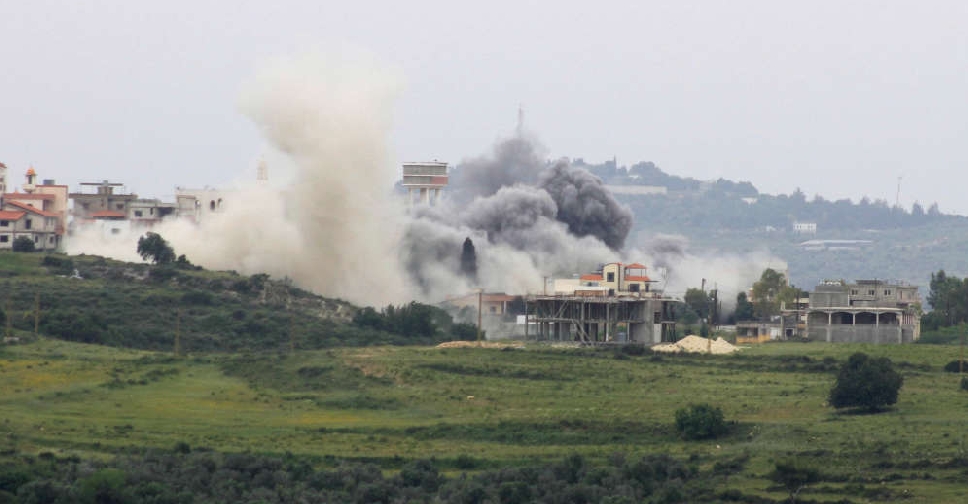 Lebanon moves towards accepting ICC jurisdiction for war crimes on its soil
Lebanon moves towards accepting ICC jurisdiction for war crimes on its soil
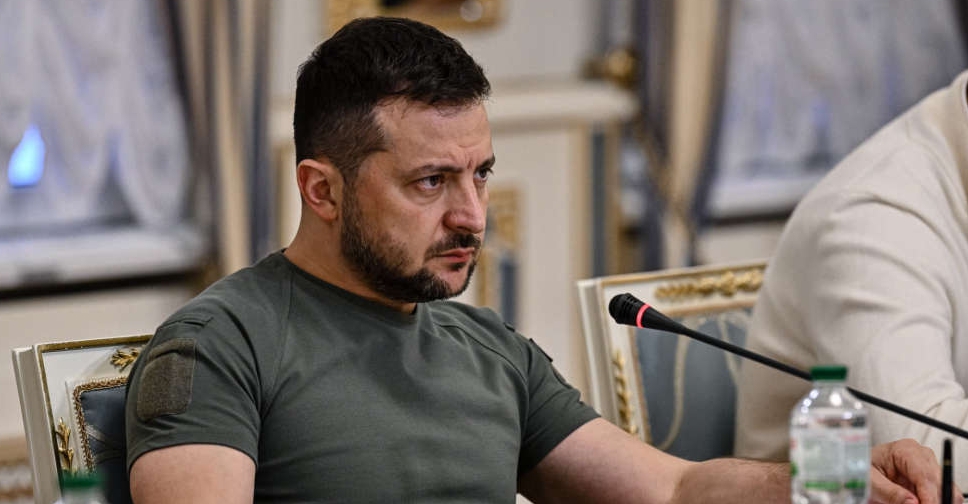 Zelenskiy issues new appeal for air defences, fast weapon supplies
Zelenskiy issues new appeal for air defences, fast weapon supplies
 Russia will seek to overcome EU sanctions on LNG operations
Russia will seek to overcome EU sanctions on LNG operations
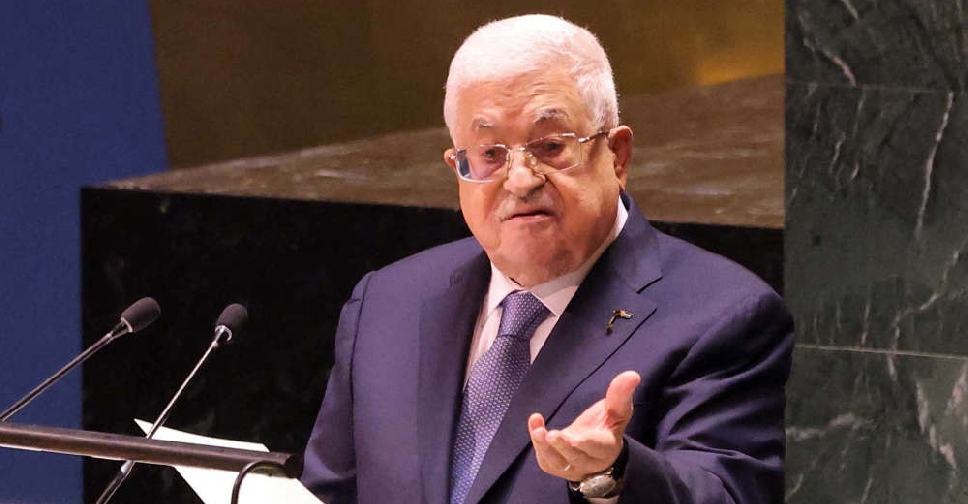 Abbas, international leaders to hold Gaza talks in Riyadh this week
Abbas, international leaders to hold Gaza talks in Riyadh this week
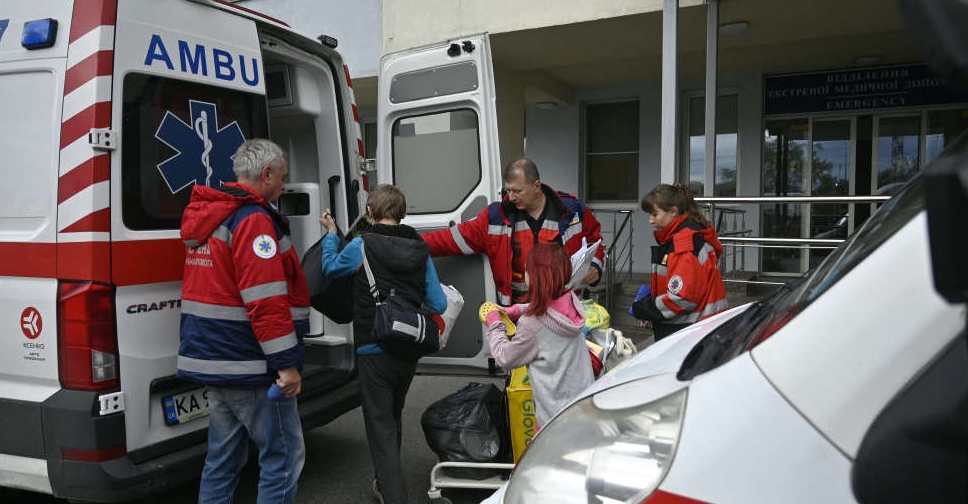 Kyiv evacuates two hospitals over fears of airstrike
Kyiv evacuates two hospitals over fears of airstrike

